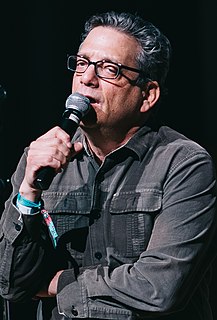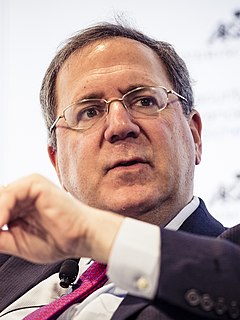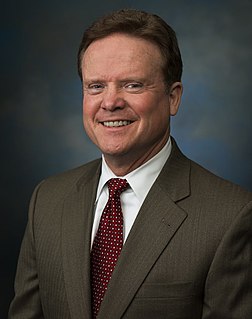A Quote by Cass Sunstein
Government agents (and their allies) might enter chat rooms, online social networks, or even real-space groups and attempt to undermine percolating conspiracy theories by raising doubts about their factual premises, causal logic or implications for political action.
Related Quotes
Because those who hold conspiracy theories typically suffer from a crippled epistemology, in accordance with which it is rational to hold such theories, the best response consists in cognitive infiltration of extremist groups. Various policy dilemmas, such as the question whether it is better for government to rebut conspiracy theories or to ignore them, are explored in this light.
For the theory-practice iteration to work, the scientist must be, as it were, mentally ambidextrous; fascinated equally on the one hand by possible meanings, theories, and tentative models to be induced from data and the practical reality of the real world, and on the other with the factual implications deducible from tentative theories, models and hypotheses.
The Arab Spring, with all of its failings and failures, exposed the lie that if we are to live, then we must live as slaves. It was an attempt to undermine not only the orthodoxy of dictatorship but also an international political orthodoxy where every activity must be approved by the profit logic of the 'ledger.'
I couldn't get my first film on the air. The first film I did was called 'The Race For Space,' about the U.S.-Soviet space race. The networks had a policy that I found out about the hard way. I even had a sponsor for my program, but the networks wouldn't put it on because it was independently produced.



































